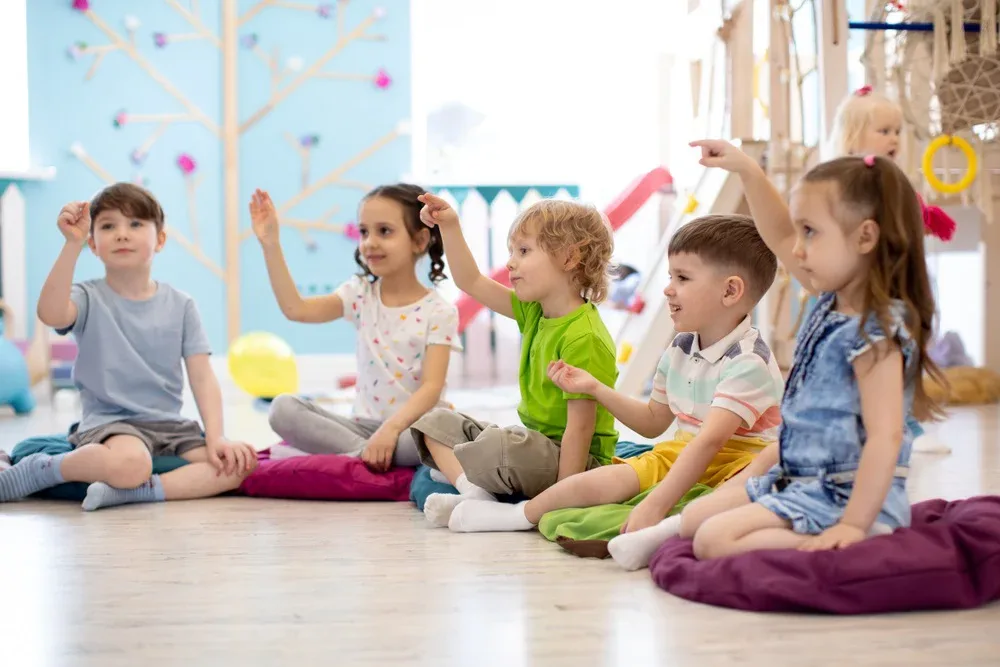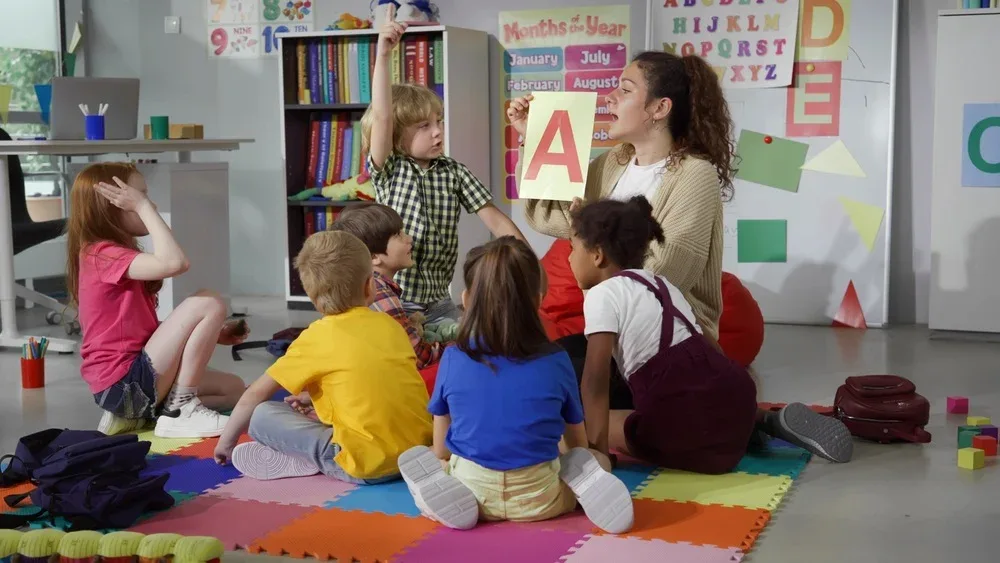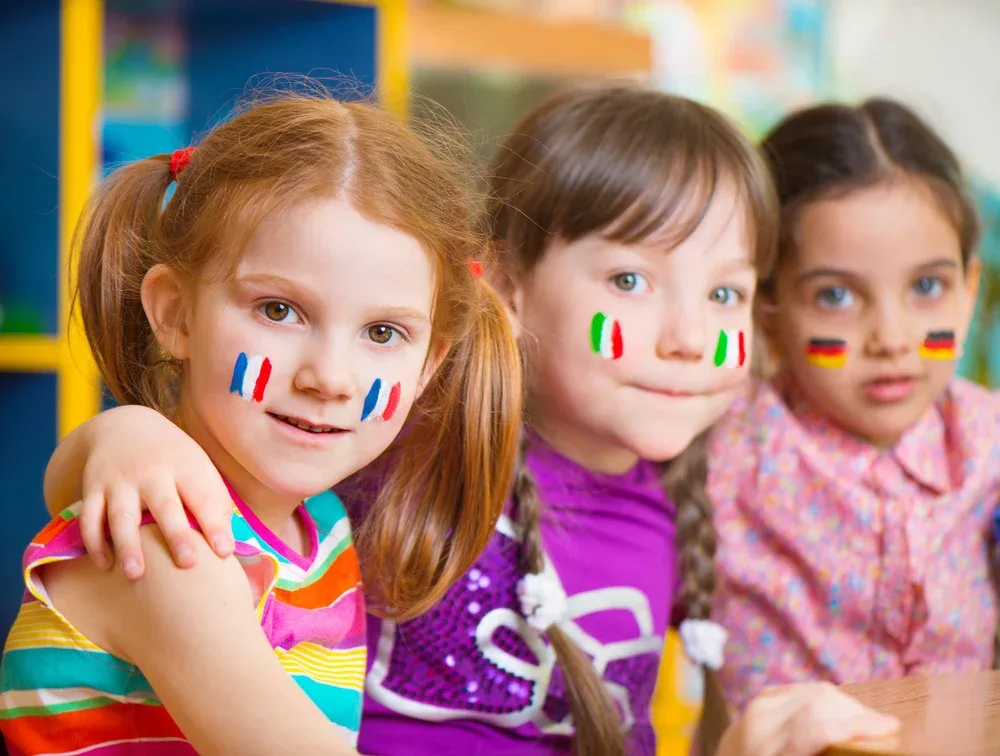
An important part of a child’s early development is preschool social skills. Particularly, for kids aged 3 to 5 years old, socialization programs offer a multitude of benefits that extend far beyond mere interaction. This piece explores the several benefits of these initiatives and explains why they are essential for the holistic development of young children.
Contents
- 1 Understanding the Importance of Preschool Social Skills
- 2 Building Emotional Intelligence
- 3 The Role of Play in Social Development
- 4 Nurturing Friendships and Peer Relationships
- 5 Preparing for Academic Success
- 6 The Role of Parents and Educators
- 7 FAQ
- 7.1 What is the ideal age for children to start participating in socialization programs?
- 7.2 How do socialization programs impact a child’s academic future?
- 7.3 Can socialization programs help children with language delays or social anxieties?
- 7.4 What role do parents play in a child’s socialization process?
- 7.5 Are there any long-term benefits of early socialization for children?
- 8 Conclusion
Understanding the Importance of Preschool Social Skills
Preschool social skills are fundamental in shaping a child’s personality, behavior, and learning. This period is critical as it lays the groundwork for their future social interactions and academic success.
Cognitive Development
The programs for preschool social skills significantly enhance cognitive development in young children. Kids learn essential skills like problem-solving, critical thinking, and decision-making through interaction with peers and adults.
Language Skills
Interacting with others in a social setting boosts language acquisition and communication skills.

Kids aged 3 to 5 are at a prime stage for language development, and socialization programs provide the perfect platform.
Building Emotional Intelligence
Preschool social skills are key in developing emotional intelligence in kids.
It aids in their comprehension and control of their emotions as well as empathizing with others. This emotional awareness is crucial for personal and academic success.
Enhancing Self-Confidence and Self-Esteem
Children develop a sense of accomplishment and self-worth when interacting and engaging in group activities. This boost in self-confidence is essential for their overall development.
Developing Empathy and Compassion
Through socialization, children learn to recognize and respond to the feelings of others. This fosters empathy and compassion, vital traits for building healthy relationships.
The Role of Play in Social Development
Play is an integral part of socialization programs. It is through play that children learn to cooperate, share, and resolve conflicts.
Learning Through Play
Children learn best when they are engaged and having fun. Play-based socialization programs provide an enjoyable learning environment that stimulates creativity and imagination.
Nurturing Friendships and Peer Relationships
Friendships formed during early childhood can have a lasting impact.

Programs for preschool social skills offer opportunities for kids to build and nurture these important relationships.
The Benefits of Peer Interaction
Interacting with peers teaches children valuable social skills like cooperation, sharing, and turn-taking. It also helps them understand social norms and behaviors.
Preparing for Academic Success
Social skills acquired through socialization programs like preschool social skills lay a strong foundation for academic success. Socially adept children find it easier to adapt to school environments and excel in their studies.
Transition to School
Socialization programs ease the transition to formal schooling. Children who have participated in such programs are often more prepared to face the challenges of a structured academic setting.
The Role of Parents and Educators
The role of parents and educators is necessary in promoting socialization. Their support and guidance are essential in helping children reap the maximum benefits from these programs.
Creating a Supportive Environment
A supportive environment at home and in socialization programs is crucial for children’s social and emotional development.
FAQ
Socialization programs are most beneficial for children aged 3 to 5 years. This is a critical developmental stage where children are naturally curious and open to learning new social skills.
These programs lay a foundation for future academic success by enhancing language skills, cognitive development, and emotional intelligence. Children who participate in socialization programs are often more prepared and adaptable to structured learning environments in school.
Yes, socialization programs are designed to cater to children of varying developmental stages, including those with language delays or social anxieties. These programs offer a supportive environment that encourages communication and interaction at a comfortable pace for each child.
Parents are crucial in reinforcing the lessons learned in socialization programs. They can do this by engaging in interactive play, encouraging friendships, and providing opportunities for social interactions outside these programs.
Absolutely. Early socialization helps develop key life skills like empathy, cooperation, and problem-solving. These skills are essential for academic success, personal relationships, and professional life in the long run.
Conclusion
The programs for preschool social skills for kids 3 to 5 years old offer vital benefits for their overall development. From enhancing cognitive and language skills to building emotional intelligence and preparing for academic success, the impact of these programs is profound and long-lasting. As such, early socialization is investing in our children’s future, shaping them into well-rounded, confident, and empathetic individuals.
If you’re seeking exceptional care and nurturing support for your precious child, your search concludes with DeeCyDa daycare. Our dedicated team is fully committed to providing the finest daycare services for infants, promoting their development and overall well-being. Join us today.

